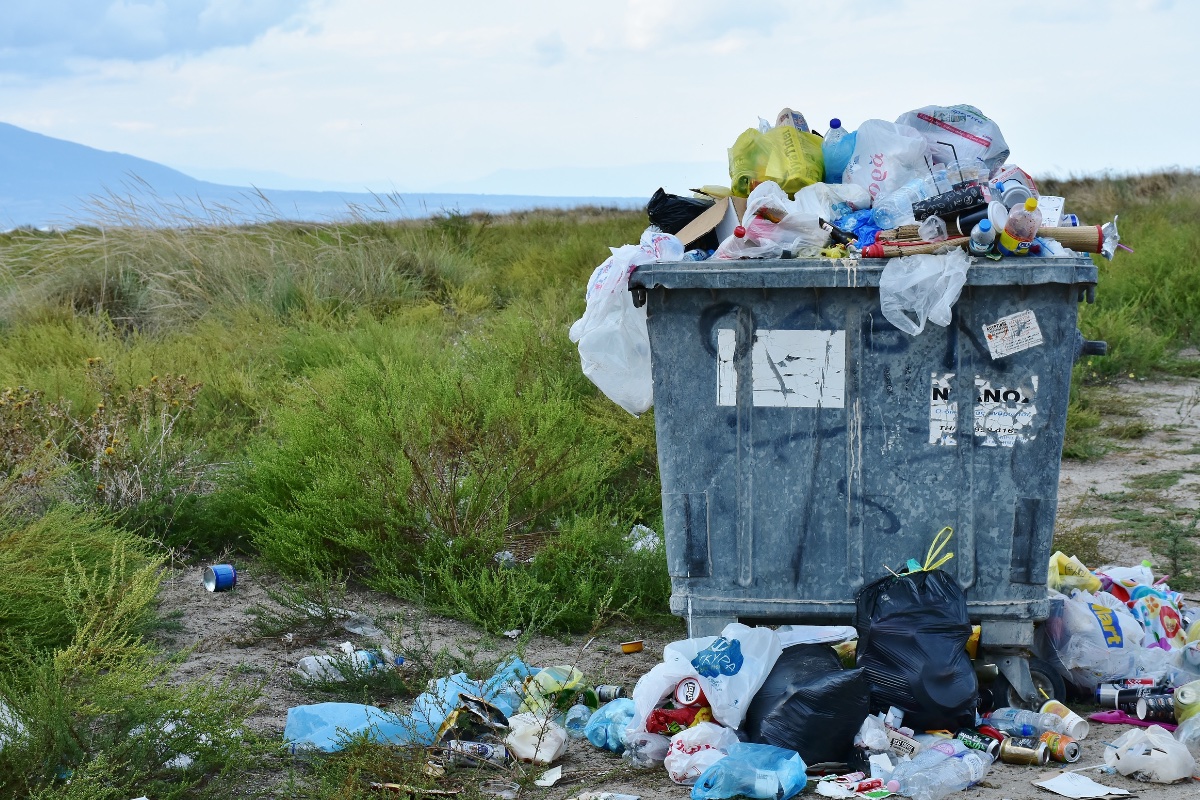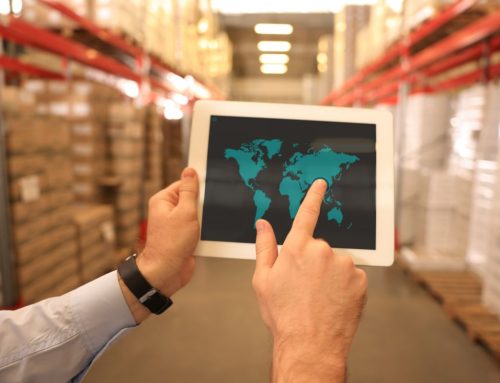What is recycling?
Recycling is a pivotal practice in modern waste management that aims to reduce the amount of waste sent to landfills, conserve natural resources, and mitigate environmental impacts.
It involves collecting, sorting, processing, and converting used materials into new products, thereby giving them a new life cycle rather than discarding them as waste.
Not recycling affects the environment and plays a fundamental role in the circular economy, where materials are stopped from being reused, remanufactured or to minimize the generation of waste and the depletion of resources.
Benefits of recycling
At its core, recycling embodies a sustainable approach that encourages individuals, businesses, and communities to rethink consumption patterns and adopt responsible waste disposal practices.
By separating recyclable materials such as paper, plastics, glass, metals, and certain types of electronics from general waste, these items can be reprocessed into raw materials for manufacturing new products.
This process conserves energy, reduces greenhouse gas emissions, and lessens the strain on natural resources, ultimately contributing to a more sustainable and environmentally conscious society.
At Roll’eat we want to help reduce waste and help the environment, that’s why we have created reusable meal holders, such as the Snack’n’Go and Boc’n’Roll.
Recycling: a global effort
Recycling initiatives vary across regions, encompassing curbside collection programs, drop-off centers, industrial recycling facilities, and innovative technologies for processing and repurposing materials.
Through public awareness campaigns, education, and collaborative efforts between governments, businesses, and individuals, recycling continues to gain prominence as a crucial element in the global effort towards environmental sustainability.
Its multifaceted impact extends beyond waste reduction, fostering a circular economy mindset, promoting resource efficiency, and encouraging responsible consumption practices to safeguard our planet for future generations.
The destruction of the environment
Not recycling or improper waste disposal can have significant adverse effects on the environment. Here are several ways in which not recycling impacts the environment:
-
Increased Landfill Waste
- When recyclable materials such as paper, plastics, glass, and metals are disposed of in landfills instead of being recycled, they occupy valuable space and contribute to the accumulation of waste. Overfilled landfills emit greenhouse gases like methane, a potent contributor to climate change.
-
Resource Depletion
- Not recycling leads to the continued extraction of raw materials from the environment. This constant extraction of natural resources, such as timber, minerals, and fossil fuels, contributes to habitat destruction, deforestation, and ecosystems’ degradation.
-
Energy Consumption
- Manufacturing products from raw materials requires more energy compared to using recycled materials. Not recycling means more energy is consumed in the extraction, refining, and processing of virgin materials, leading to higher carbon emissions and increased pollution from energy production.
-
Pollution and Environmental Degradation
- Improper disposal of non-recyclable materials, especially plastics, can lead to pollution of water bodies, soil, and air. Plastic waste, for instance, breaks down into microplastics, harming marine life, entering the food chain, and causing ecological imbalances.
-
Loss of Biodiversity
- Landfill sites and pollution from non-recycled waste can negatively impact local ecosystems and wildlife habitats. The release of hazardous substances from improperly disposed items can contaminate soil and water, posing risks to plants, animals, and human health. If you want to learn more about the effects of pollution on biodiversity, read our post “How does pollution affect biodiversity?“
-
Water and Air Pollution
- Dumping of non-recyclable waste, including electronic waste (e-waste) or hazardous materials, can leach harmful chemicals into the soil and groundwater, potentially contaminating water sources. Burning of waste materials contributes to air pollution, releasing toxic gases and particulate matter into the atmosphere.
-
Global Environmental Impact
- The environmental consequences of not recycling extend beyond local areas. Pollution, resource depletion, and increased greenhouse gas emissions affect global ecosystems, contributing to climate change and environmental degradation on a larger scale.
Overall, not recycling exacerbates environmental issues, including pollution, habitat destruction, resource depletion, and climate change. Implementing effective recycling programs and responsible waste management practices is crucial to minimize these adverse impacts and move towards a more sustainable and environmentally friendly future.










